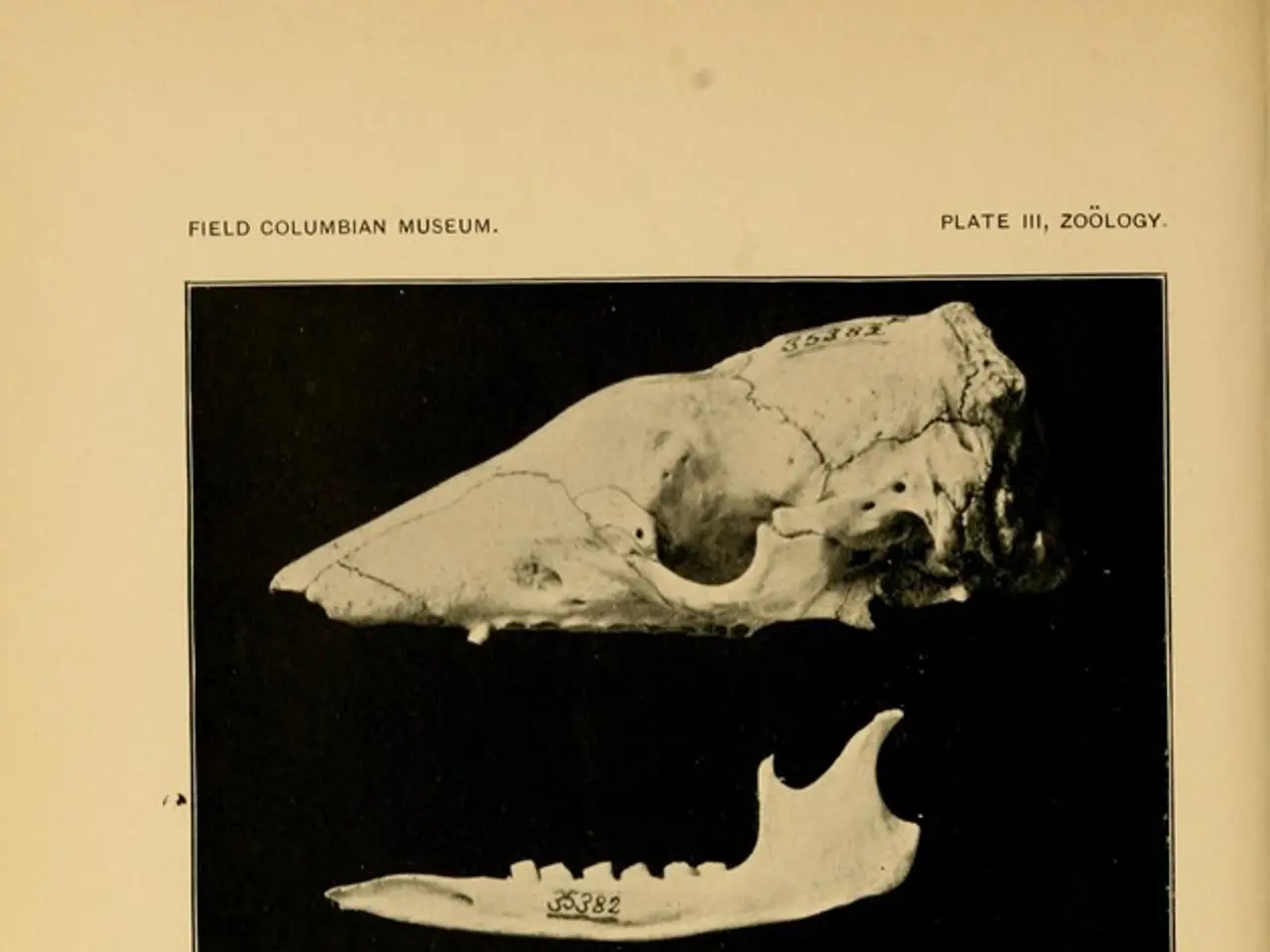Diet for Osteoporosis: Edible and Non-Edible Foods
A balanced diet plays a vital role in maintaining bone health and preventing osteoporosis. Key nutrients beneficial for bone strength include calcium, vitamin D, protein, vitamin K, magnesium, potassium, B vitamins, vitamins C and E, and healthy fatty acids. These nutrients support bone mineral density, bone formation, calcium absorption, and reduce bone loss.
Foods to Include
- Dairy products (milk, cheese, yogurt) provide a rich source of calcium and vitamin D.
- Leafy green vegetables (spinach, kale, collard greens) offer calcium, vitamin K, and magnesium essential for bone mineralization.
- Fatty fish (salmon, mackerel, sardines) are important for vitamin D and omega-3 fatty acids which support calcium absorption and have anti-inflammatory effects.
- Nuts and seeds (almonds, flaxseeds, chia seeds) contribute magnesium and healthy fats necessary for bone formation.
- Legumes (beans, lentils, chickpeas) provide protein and calcium to maintain bone density.
- Fruits such as prunes, grapes, and blueberries are beneficial due to vitamins K, C, and polyphenols which may improve bone mineral density and aid calcium retention.
Adequate protein intake combined with healthy fats and nutrient-rich vegetables and fruits is important, as low protein and fat intake has been linked with osteoporosis. Consuming meals 4-5 times per day including protein and healthy fats supports bone health maintenance.
Foods and Habits to Avoid
- Excessive alcohol consumption can impair bone formation and increase fracture risk.
- Smoking negatively affects bone density and healing.
- Very low intake of protein, fat, and calcium (common in overly restrictive diets) can worsen bone loss and should be avoided.
In summary, a balanced diet rich in calcium, vitamin D, protein, vitamin K, magnesium, and potassium from dairy, leafy greens, fish, nuts, legumes, and certain fruits (prunes, grapes, blueberries) supports bone health and helps prevent osteoporosis. Avoiding smoking, limiting alcohol, and ensuring sufficient nutrient intake through frequent balanced meals is also essential.
[1] Bone Health and Osteoporosis Foundation [2] National Osteoporosis Foundation [3] Harvard T.H. Chan School of Public Health [4] Mayo Clinic [5] National Institutes of Health, Office of Dietary Supplements
- A balanced diet is crucial in maintaining bone health and combating osteoporosis, a chronic disease that affects millions worldwide.
- Essential nutrients such as calcium, vitamin D, protein, vitamin K, magnesium, potassium, B vitamins, vitamins C and E, and healthy fatty acids promote bone strength and density.
- Dairy products like milk, cheese, and yogurt are a great source of calcium and vitamin D, vital for bone health.
- Leafy green vegetables such as spinach, kale, and collard greens offer calcium, vitamin K, and magnesium, essential for bone mineralization.
- Fatty fish like salmon, mackerel, and sardines provide vitamin D and omega-3 fatty acids that support calcium absorption and reduce inflammation.
- Nuts and seeds such as almonds, flaxseeds, and chia seeds contribute magnesium and healthy fats necessary for bone formation.
- Legumes including beans, lentils, and chickpeas offer protein and calcium essential for maintaining bone density.
- Certain fruits like prunes, grapes, and blueberries are beneficial due to vitamins K, C, and polyphenols that aid in bone mineral density and calcium retention.
- Adequate protein intake combined with healthy fats and nutrient-rich vegetables and fruits is essential to prevent osteoporosis.
- Consuming balanced meals 4-5 times per day that include protein and healthy fats is vital for maintaining bone health.
- Overly restrictive diets that lead to low protein, fat, and calcium intake can worsen bone loss and should be avoided.
- Excessive alcohol consumption can impair bone formation and increase the risk of fractures.
- Smoking negatively affects bone density and healing, posing a significant risk.
- Science and medical research have consistently shown that a balanced diet is key to preventing and managing osteoporosis.
- The food and food benefits industry has a significant role in promoting the consumption of bone-healthy foods to help combat this chronic disease.
- Workplace wellness programs can educate employees on the importance of proper nutrition for maintaining bone health.
- Proper nutrition is crucial in managing chronic diseases like osteoporosis, type 2 diabetes, chronic kidney disease, and various respiratory conditions.
- Digestive health and eye health are also closely linked to a balanced diet, underlining the importance of overall nutritional intake.
- Maintaining good hearing health is another aspect where nutrition plays a significant role.
- A healthy diet rich in bone-healthy nutrients can contribute to overall health and wellness, as well as fitness and exercise.
- In the realm of industry and entrepreneurship, CBD-based products have gained popularity for their potential benefits in managing various autoimmune disorders and skin conditions.
- Environmental science and finance have a part to play in promoting renewable energy, reducing the impact of climate change, and supporting sustainable manufacturing practices that benefit both human health and the environment.
- The retail sector can contribute to public health by promoting bone-healthy foods and educating customers about their benefits.
- Leadership and diversity and inclusion initiatives in the workplace are crucial for fostering a healthy and inclusive environment that promotes wellness and heightens productivity.
- Smart home devices and wearables can provide valuable insights into personal health data, empowering individuals to make informed decisions about their nutrition and overall wellness.
- Cybersecurity measures are essential in protecting personal health data, ensuring privacy and confidentiality.
- Adopting a balanced lifestyle that includes a healthy diet, regular exercise, and good sleep habits is crucial for maintaining good health and preventing chronic diseases.
- Psoriasis, a common skin condition, can be effectively managed through a combination of diet, therapies, and treatments.
- In the realm of personal finance, wealth management and investing strategies can help individuals manage their financial health alongside their physical health.
- The housing market, banking, and insurance industries play a significant role in supporting individuals' overall wellness by providing affordable housing, insurance policies, and loan options that cater to various health conditions and lifestyle needs.




